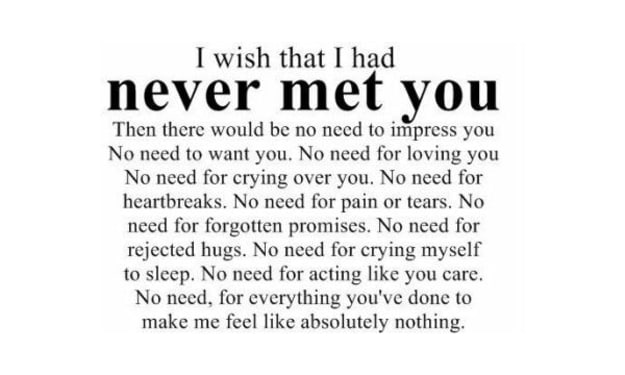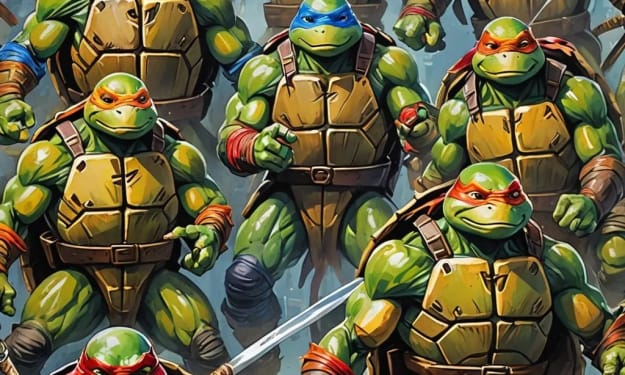Ego (From 'Guardians of the Galaxy Vol. 2') and How Visual Image, Storytelling, and Genre Can Be Used to Mirror Real-Life Abuse
Content Warning: Spoilers and a Lengthy Discussion of Abuse (Emotional, Mental, Parental, and Physical; Also Clear Discussion on the Violation of Someone's Consent)
I've written several posts about the character Ego from Guardians of the Galaxy Vol. 2, but I'd never realised up until this point that there was something I could properly focus on when it came to him. Much of my posts about him had more of the style of note-taking or stream of consciousness. I'm guessing I wanted to understand him a bit better and what would stand out about him in the process of me just simply putting my thoughts down to begin with.
Ego is a character that Peter Quill, the main character in both this and the previous film, finds out is his biological father. It would be spoiling to say how his place in the film would impact the path of the narrative, but it's probably telling that it's hard not to know the real him behind what we see of him to begin with. He's pretty much a walking spoiler, though (especially since the film came out last year), because, when you start asking questions, you're already opening up a whole can of worms.
I'd already been seeing his role within the film through the specific context of him as an abusive father, but my understanding of him felt all over the place. But I wasn't expecting myself to write something so refined, I was just picking up things I noticed about him and going from there.
This one particular bullet point stood out to me when I'd finished writing, though:
Ego is also a good example of how abuse can be demonstrated literally through the use of fantasy and sci-fi—not only abuse displayed as how we would see it in real life, but how Ego’s powers can also be a literal display of how abuse can easily be represented on film through the use of storytelling and genre and how it could effectively feel for the victim as well as the abuser themselves.
It markedly made a difference in what I felt was a more refined understanding of him and his position within not only that fictional universe but also the genre. His powers are a form of control and subduing but can also be seen as a literal reproduction of how abuse can take place in real life.
Science-fiction and fantasy are helpful as genres here because they can take place in imaginary worlds besides our present one as well as contain the multitudes of possibilities that we can only dream of existing whilst we remain at this plane of existence. Ego is a Celestial, powerful, otherworldly being with a desire to meet with his son, Peter, who he finds out has inherited his Celestial powers. We soon find out, however, his true intentions regarding this fantastical discovery.
With the storytelling device at hand regarding Peter's need to connect with his father, and Ego's desire to advance forward in his plan to assimilate the universe into his own image—what he calls "The Expansion,—once he's made this discovery, the existence of these two coalesce to bring about a better understanding of Ego's abuse of Peter through imagery that feels both literal and metaphorical. Literally, representation of abuse tactics in how they would look are presented in a visually striking style; and, metaphorically, how abuse can be presented visually is shown through how it could look and feel from the points of view of the abuser and the person being abused themselves.
For example, we find out that Ego has the ability to change his appearance at will, since he is a planet, and what we see is an avatar for use of interactions with other forms as well as for ease of travel across the galaxy. But the point is that he can present himself in a way that would appeal to those he comes into contact with and therefore deceive people enough to prevent them discovering his true nature. It is also a literal reproduction of how abusers in real life would reel in a victim, putting on a front to hide their truth from those they don't want seeing it. As a man who was born in the 80s and is a fan of 70s and 80s pop culture, and as someone who has seen the loss of his Earth home and mother, it was practically inevitable that Peter would meet and soon attempt to connect with his father who looked like famous 80s movie star Kurt Russell.
This is obvious when Ego, in a fit of rage after being shot multiple times when he told Peter he killed his mother, morphs into David Hasselhoff, someone Peter had always tried to say was his father growing up. It is almost mocking, seeing that his father was simply putting up a ruse that he took the bait for and playing on his desires to have a father that he actually wanted and connected with. But, since Peter had pushed his boundaries too far, it suddenly wasn't enough for Ego to be able to keep playing this game any longer.
Reinforcing the point that Ego is actually a living planet, he has the ability to summon tendrils of light from the ground that drain living batteries of their Celestial power so he can advance The Expansion. This is his plan to turn the universe into himself through pieces of him scattered on thousands and millions of planets, ignited by any children who would come to possess his abilities. This, of course, is Peter, and when he clearly destroys any chance of him being a willing participant in this universal destruction, Ego decides the obvious thing to do is to make him do it by force. Soon enough, his own son is strung up on one of these tendrils to be an unwilling battery in order to be able to drain him enough for the whole plan to come to fruition.
One point this brings up is that abusive parents don't see their children as separate human beings with identities of their own but extensions of themselves that they can mold to their own desires. Ego clearly had no intention of genuinely loving and caring for his children—killing the ones that didn't inherit his abilities and only showing a twisted love to Peter because he had what he most desired—because of what he saw as more important: himself and his desire to complete The Expansion, with no regard for any other life but his own.
The point that he sees his children as nothing but extensions of himself is clearly represented in a literal nature. He has pieces of himself on planets all over the universe, and the offspring that would inherit his abilities would be able to help power his much-desired goal of making the entire universe himself through his own matter. It only reinforces the point that he's also utilising the abusive parent trait of living through his children quite literally since he doesn't see them as separate living beings with a life outside of him.
There's even the additional point that these tendrils of light are supposed to drain the victim, leaving them not only vulnerable to further attack but also exhaust them of any possible chances of fighting back. This is similar in real life when any protestations and concerns from the victim are attacked in order to wear them down so much they can't possibly see the point in continuing to fight. The amount of emotional labour that the victim is also exerting throughout the relationship, whether platonic, familial or romantic, begins to weigh down on them and leaves them drained whilst the abuser continues to remain fulfilled at their own expense.
So seeing how the storytelling and genre have enabled the possibilities of seeing the reality of abuse mirrored in the film's visually striking images of it in regards to Ego's abilities and treatment of his children, the literal and metaphorical have become informed by each other to understand abuse through both the presentation of it on screen and the visceral experience in seeing it. It has now become obvious to me how Ego is a perfect example of this.






Comments
There are no comments for this story
Be the first to respond and start the conversation.